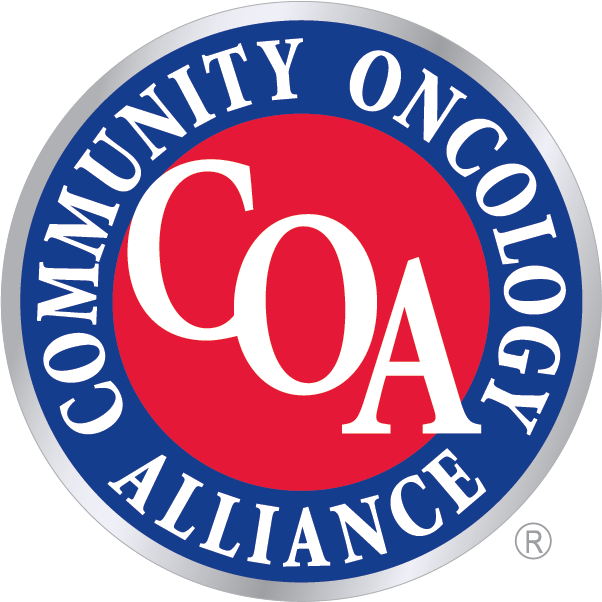COA Payer Exchange Summit Recap
Addressed 340B Issues, Fixing Health Disparities, and More
Attendees heard from industry analysts, practice leaders, and policy professionals on the current state of payment reform and what may lie in the future for reform efforts. From current issues with the 340B Drug Pricing Program to the rise of direct contracting between employers and providers, a rich array of topics was explored.
Recordings and slides of the Payer Exchange Summit will be available soon to all registered individuals. The only items needed to access these items are the email address used to register and the Summit password.
Access recordings and slides on the Payer Exchange Summit website.
COA Hires James Lee as Senior Manager of State Regulation and Policy
New Hire Will Lead Effort to Engage in State-Level Advocacy
James Lee has been hired as the senior manager of state regulation and policy for COA. States have been taking the lead in crafting health care and pharmaceutical policy in 2020 and 2021. To keep COA’s finger on the pulse of state activity, the COA Board of Directors created the position to liaise with state level officials and advocates.
Prior to joining COA, James worked for Legacy Community Health in Texas, one of the nation’s largest and fastest growing Federally Qualified Health Centers. James will put his previous experience to work at COA, keeping federal policy informed by state actions and working with members to advance common sense state policy.
Read more about James and his role at COA here.
Get to Know Your Oncology Care Team: Oncology Social Workers
A CPAN Advocacy Chat
Oncology social workers keep the treatment and recovery process working smoothly. Mental health support, care planning, coordination between physicians, and other key elements of care fall under a social worker’s umbrella.
On November 10 at 12 p.m. ET, Abra Kelson, LICSW, OSW-C, of Northwest Medical Specialties joins Rose Gerber of COA to discuss the daily life of a social worker and how you can better take advantage of all the resources your care provider’s social workers have to offer.
This event is part of the COA Patient Advocacy Network (CPAN) Advocacy Chat series – short, monthly educational webinars on key cancer issues and the policies that impact them. Don’t miss the November chat and watch out for future ones!
Learn more and register for the November CPAN Advocacy Chat!
Policy Updates & Perspectives
Community Oncology News of Note
COVID and Cancer: A Dangerous Combination, Especially for People of Color
Before the pandemic, it was well known among physicians and legislators that people of color experienced disproportionately high rates of cancer and sought treatment at lower rates. The pandemic has worsened this divide, and physicians are starting to see the fallout.
Two New PBM Launches Aim to Bring Greater Transparency to the Market
Two major players have entered the pharmacy benefit manager (PBM) arena. The Purchaser Business Group on Health and the Mark Cuban Cost Plus Drug Company PBC have launched separate PBMs in a bid to bring transparency to the market. Growing issues with PBM misbehavior and opaque business practices are causing discontent among providers and patients.
New Report Finds Biosimilars Could Save States Billions of Dollars Annually
The Biosimilars Forum and Pacific Research Institute have released a new report indicating that widespread use of biosimilars could save states billions of dollars in health care costs. Biosimilars, which are biologic drugs that are cheaper to produce and have no clinically meaningful difference from current FDA-approved biologics, are used to treat conditions like cancer, diabetes, Crohn’s disease, and arthritis.
90% of 340B Hospitals Don’t Follow Drug Price Transparency Rules
The vast majority of hospitals that participate in the 340B drug pricing program do not follow recent hospital transparency regulations requiring them to report the prices they charge for oncology treatments and the rates they negotiate with private insurers, a new analysis found.
Read more about the report at Medscape.
